10 Things Your Veteran Service Officer (VSO) Can Do For You
A VSO, or Veteran Service Officer, is an individual who has undergone training and testing on VA Regulations. The VA recognizes them as being able to assist Veterans with their claims. Organizations such as the VFW, American Legion or state Department of Veteran Affairs give them the accreditation. This verifies their training and acts to ensure Veterans that the VSO is knowledgeable and can help them with their claims.
VSOs can help claimants in many ways. This article lists 10 of those ways.
1. Acting As Your Official Representative to the VA.
An accredited Veteran Service Officer will act as your official representative before the VA. After you appoint a VSO as your representative, they can file most paperwork electronically. This shortens the amount of time needed to start the claim. Accreditation by Veteran Organizations gives them the right to prepare, present, and, if necessary, prosecute the claim with the VA.
2.Assist in ensuring all evidence necessary for a successful claim is submitted in a timely manner
Collecting the evidence for a claim may take a long time. Also, Veterans or families may not know what is required. VSOs will counsel Veterans to provide medical evidence of a disability. The VSO will help guide the Veteran in what records will be best to present, though sometimes they may show up with over 1000 pages. Service officers can guide clients in the proper paperwork to submit. In this manner, the claim can process easier and the VA will not be overburdened with paperwork.
3. VA Disability Compensation
The VSO will probably spend most of the time helping with disability paperwork. Disability compensation is tax free. Veterans receive it for injuries or illnesses that happened, or were made worse, while on active duty. In some cases the injuries may occur after service. Your VSO can help with distinguishing which injuries are eligible for compensation.
Your VSO has experience with different types of disabilities attributed to service. Many may receive disability compensation themselves. Therefore, they have experience filing for disability compensation first hand. This personal experience in combination with their education will help them properly prosecute your claim. Hence, your VSO will be able to provide guidance on the disability claims which are likely to be approved. They will also let you know which claims may require more development and evidence.
4. Veteran’s Pension
Your Veteran Service Officer can assist you in filing for a Veteran’s pension. The VA Pension is a needs based monetary payment available to wartime Veterans. They also must meet certain age or disability requirements. Additionally, their income must be within certain limits set by Law. Also, paperwork is significantly more involved than that to file for a disability compensation. In order to qualify for a pension, the Veteran will need to furnish evidence of yearly income and net worth. They must provide evidence of certain allowed expenses which are exempt. Your VSO can help you to understand the evidence necessary and can also help you fill out the necessary VA paperwork to apply for the pension.
5. Survivor’s Benefits
Dependency and Indemnity (DIC) is a tax free benefit. Surviving spouses may be eligible for DIC. There are certain requirements which the deceased Veteran and spouse both must meet. Your VSO can help you understand if your family may be eligible for DIC. They can also help to fill out the correct forms and submit them to the VA.
Another possible survivor benefit is Survivor’s Pension. Just as the Veteran’s pension, Survivors pension is needs based. Your Service Officer can help you know if you are eligible and help to file the paperwork needed.
6. Burial Benefits
The VA will pay benefits toward burial expenses for Veterans. However, the amount will differ according to the cause of death. Your VSO has the information and can let the Survivor know which benefits they are eligible for. In addition, the VSO can assist in filing for a US Flag, Presidential Memorial certificate, standard government headstone or marker, or a Government medallion.
7. Understand VA Correspondence
Regardless of the compensation you may be applying for, there will be more than one piece of correspondence from the VA. The VA letters are sometimes difficult to understand with a lot of information in a small space. Claimants are already waiting anxiously to hear if they have been approved for the compensation or not. They often have difficulty finding the information within the plethora of correspondence they receive. A VSO can help make sense of the correspondence, letting you know what the letter says.
In certain instances, the letter from the VA may be requesting more information. The VSO can assist in making sure the information is provided in a timely manner.
8. Provide Guidance in Other VA Benefits
Veteran Service Officers are trained to assist in filing compensation paperwork with the VA. That is their primary service for Veterans. That being said, most VSOs have a familiarity with many other aspects of the VA. These include education benefits, the home loan program, health benefits and many other programs. Also, most VSOs have knowledge of local organizations which exist to benefit Veterans. Your VSO can often point Veterans to resources they are searching for.
9. Knowledgeable About Current VA Regulations
Just as new laws and regulations are published from the American Government on a continual basis, there are new regulations from the VA that are often published. In addition, as cases are heard before the Veteran’s Courts new court decisions are promulgated which may have a bearing on a particular claimant’s case. Your VSO is connected to a vast network of other Veteran and VA professionals and works to maintain awareness of the new regulations and decisions that come out on a regular basis. In this way they can better advice and assist each Veteran in the claims process.
10. Provide all service free of charge

Free. That is right. There are some representatives who may charge a fee for their services. The VA provides credentials for attorneys and for claims agents as well as for Veteran Service Officers. The attorneys and claims agents may charge a fee, but Veteran Service Officers will not. This is not to say that claims agents are any better or worse than a VSO, but the VSO generally operates under the purview of a Veteran Service Organization which may supply certain other benefits in representation.
Caveat Emptor (let the buyer beware)
There are individuals and organizations prominently present on Social Media which make claims of being able to assist Veterans in filing claims. Many of these charge an exorbitant fee for doing so, and then are unable to even file the paperwork because they are not accredited with the VA. They provide advice, but the Veteran or family must fill out the paperwork and file it on their own.
I have seen individuals who charge $500 – $1000 to ‘assist’ in filing a claim. I have also seen a group that claims they will help a Veteran to get their disability rating increased, and ONLY charge the amount of the increase times SIX. That is 6x the increase amount. This may be as little as $400-$600, or may be as much as $15,000 (which their website claims is the MOST they will charge!). In any case, none of these individuals or organizations are accredited to be a Veterans representative with the VA. If a Veteran chooses to do business with one of these, caveat emptor (let the buyer beware).
There you have it, 10 things that your VSO can do for you. How do you find a VSO? Many VFW and American Legion posts have local Service Officers who are members and are ready to help Veterans with their claims. In addition, by law every county in the US must have a Veteran Service department with a Veteran Service Officer working it. The truth is not every county does have one. However, there should be a Veteran Service Officer close to you who can offer assistance. They are paid by the county and their single job is to help Veterans.
God Bless,
from NWAVet

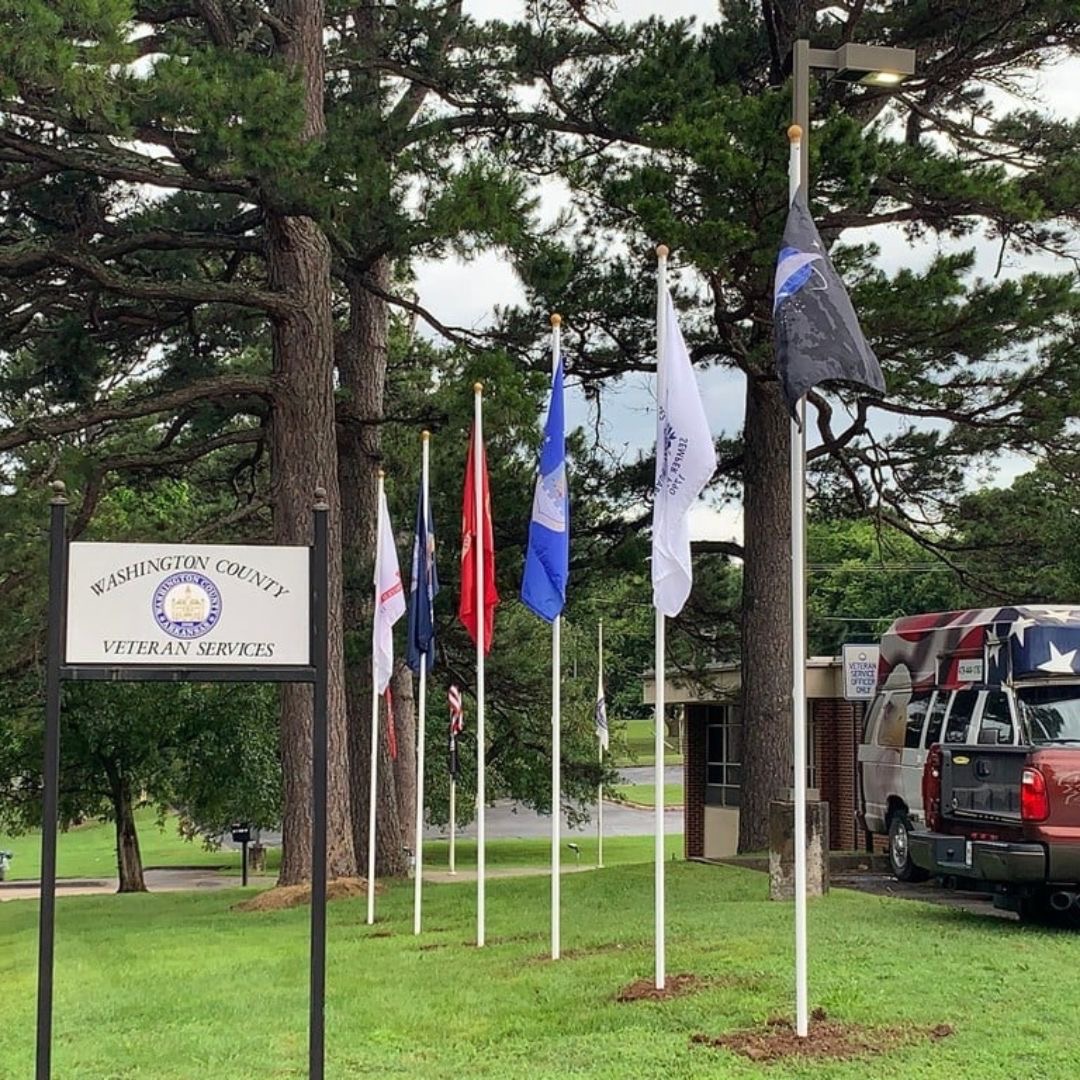
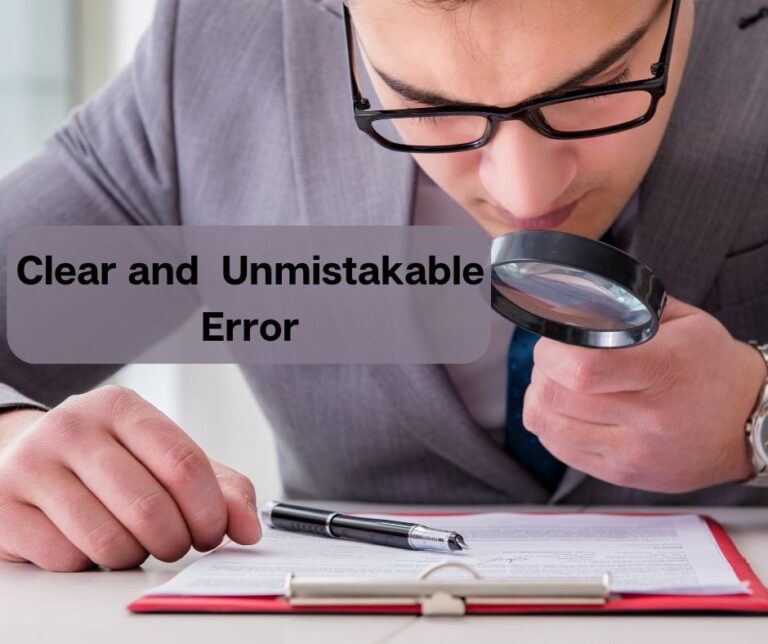

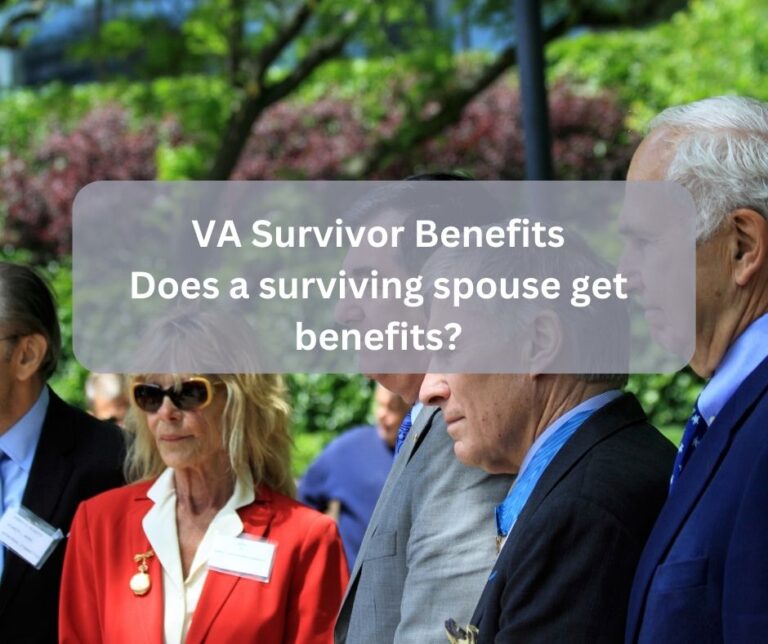
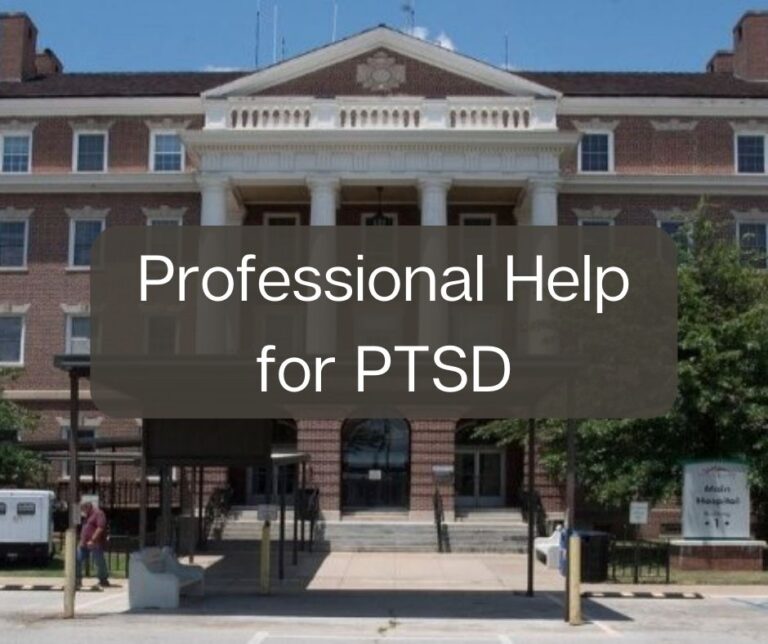
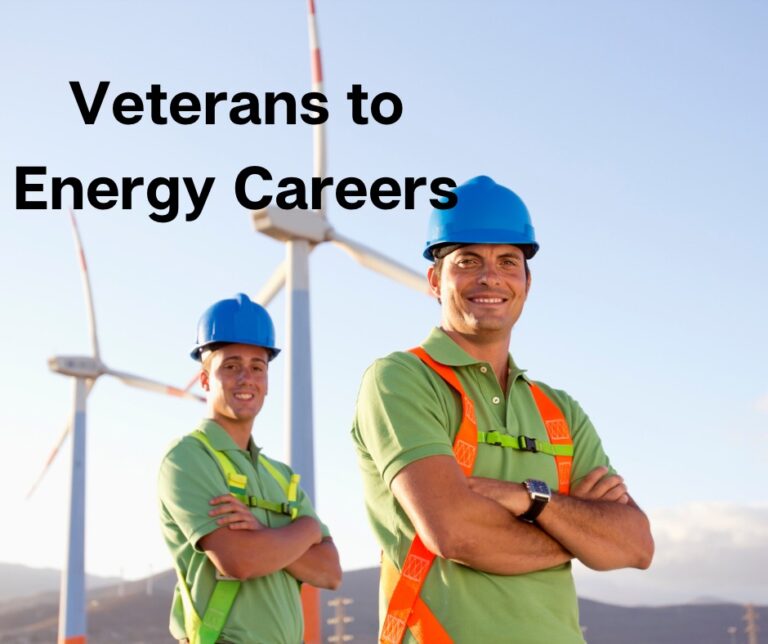
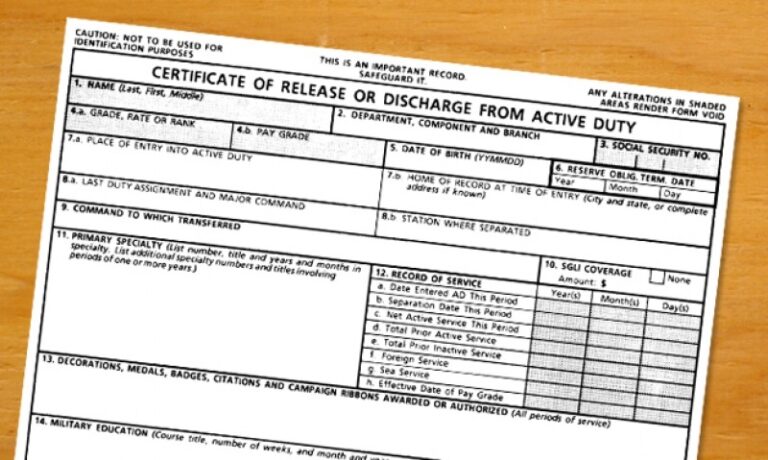
In 1973-74 I was with 2/12 3rd Marines and 3/9 I was on two ships the LPD-9 DENVER and the LST 1186 Cayuga we were told we was 6 miles off the Vietnam coast I have diabetes and nerve damage when on the LST we rode out a typhoon in the middle of this I was ordered top side to check on equipment standing at the mid hatch door a 30 foot wave came across the bow of the ship and it disappeared under the waves before I could blink a 30 foot wave came across the stern and it disappeared I shut the door and went back to the well deck never been on ship again never will in this same year on a firing mission I pulled a howitzer on top of Admore stopped and backed off him never forgot and at the same time my wife divorced me I was 18 was a bad year screwed me up for a long time
Lonnie, looking at the Hill and Ponton Blue Water Navy Ships, as of this time those two vessels have not been located within 12 NM of the Vietnam shores. However, the list is not complete. If you have some evidence of the vessels being within 12 NM of Vietnam, please get in touch with your local VSO and share it with them.